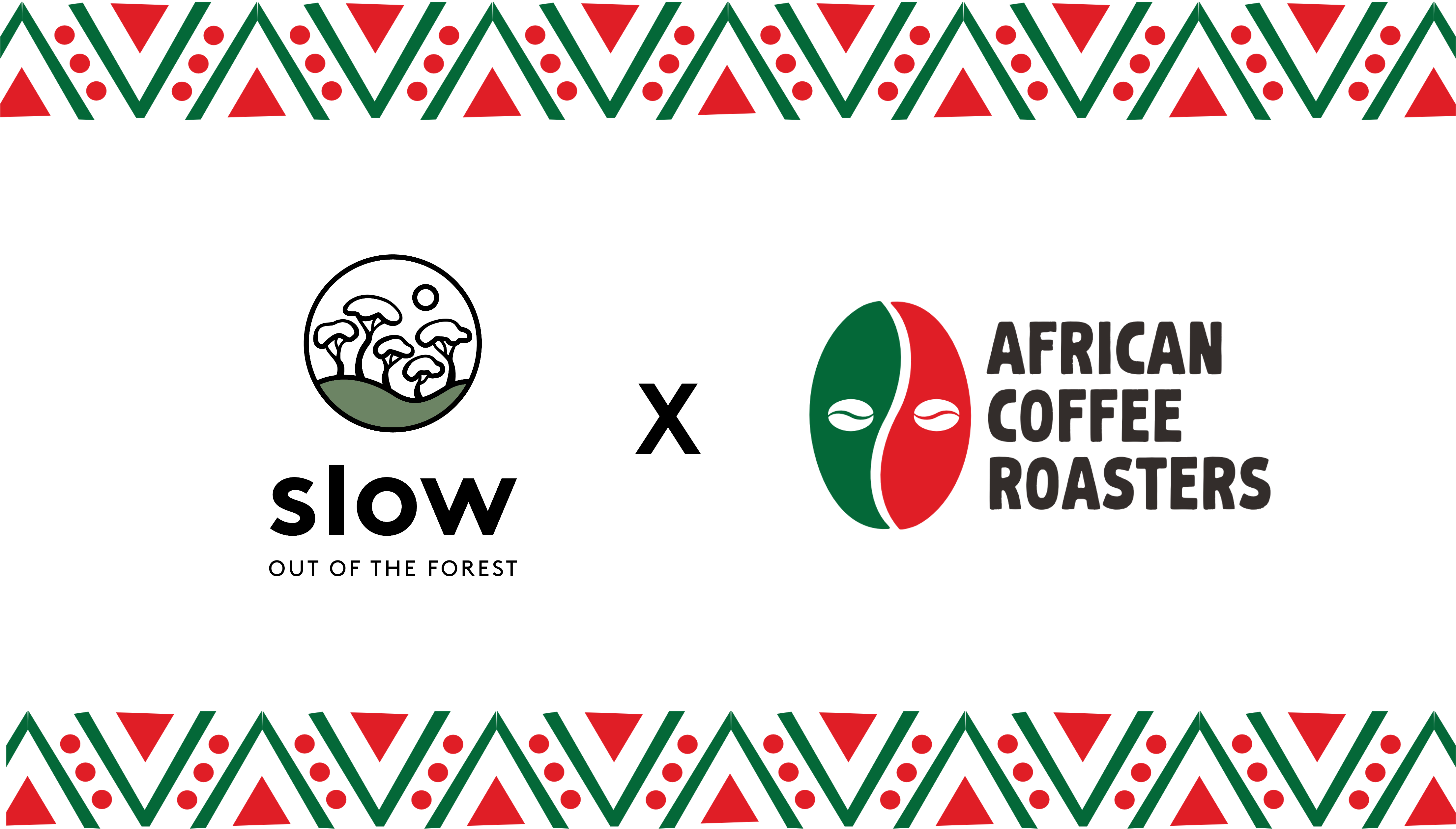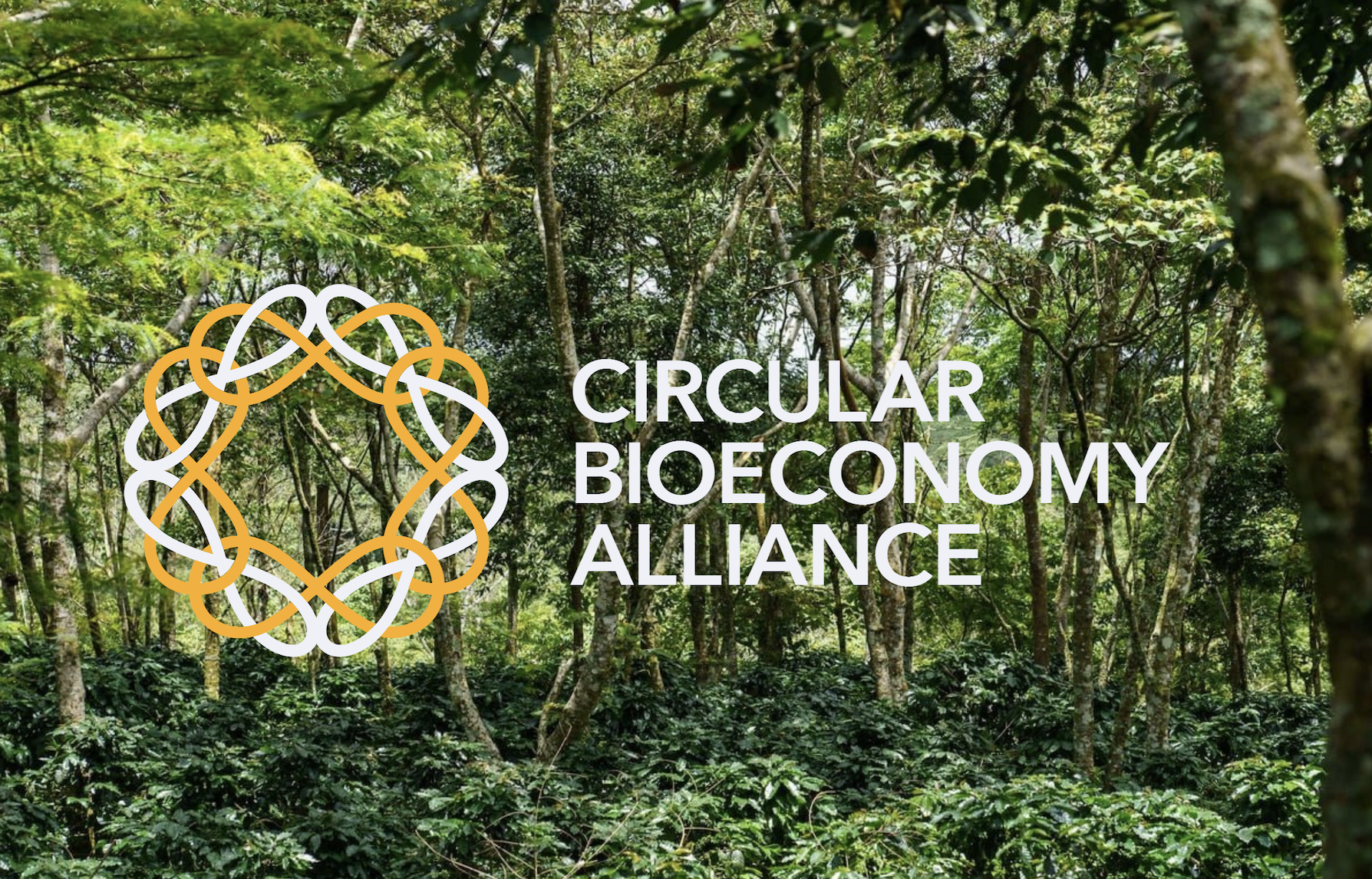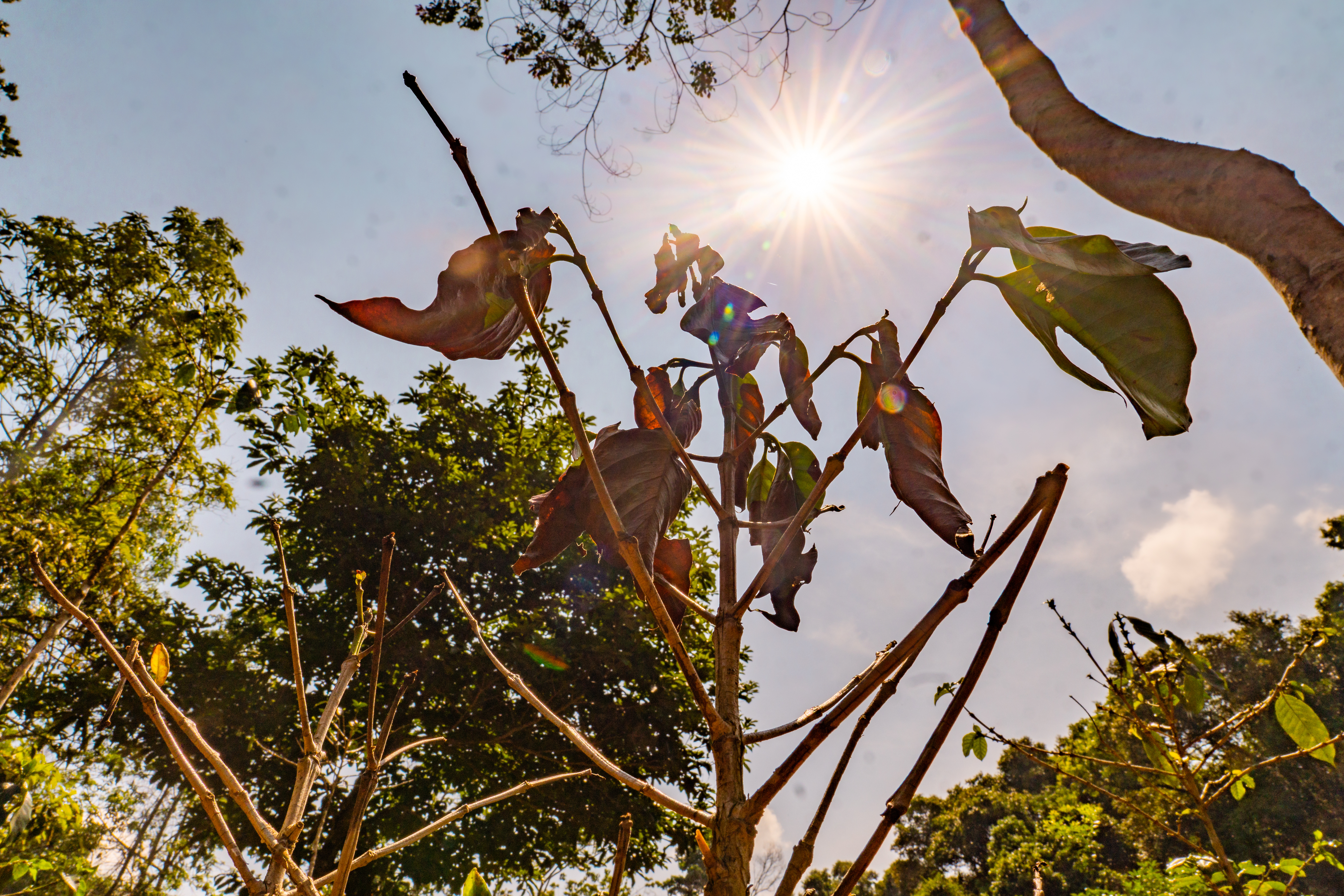Slow acquires African Coffee Roasters – A New Era for Sustainable Coffee
Big news from Slow. African Coffee Roasters is now part of the Slow family. And this isn’t just an acquisition—it’s a major step forward in how...
Mar 18, 2025 - 3 min read
By Slow

Slow acquires African Coffee Roasters © Slow
For years, ACR has built a unique supply chain that ensures more value stays where coffee is grown, supporting farmers and local economies while delivering exceptional coffee to partners worldwide. Now, as part of Slow, we’re scaling that vision even further—combining ACR’s expertise in processing, sourcing, and global distribution with Slow’s regenerative coffee farming and impact-driven supply chain.
This is bigger than just Slow. It’s bigger than ACR. This is about a shift in how coffee is sourced, traded, and delivered—one that businesses and consumers have been demanding for years.
For decades, the coffee industry has followed the same model—moving raw green coffee thousands of kilometers for further processing. It’s inefficient, keeps most of the value in consuming markets, and leaves farmers with only a fraction of the final price.
ACR challenged that model. By focusing on keeping more steps in the value chain closer to coffee-growing regions, they’ve been able to create jobs, improve economic stability, and build a transparent, more resilient supply chain.
Now, together with Slow, we’re taking that model further.
For supermarkets and retailers, hospitality brands, and coffee solution businesses, sourcing coffee isn’t just about product quality—it’s about offering something meaningful.
Today’s consumers expect transparency and accountability. They want to know where their coffee comes from, how it’s grown, and who benefits. Businesses that fail to meet these expectations risk falling behind.
By bringing ACR into Slow, we’re scaling a coffee model that creates value for everyone—businesses, farmers, consumers, and the planet. No shortcuts, no greenwashing—just a supply chain built for real impact.
This also means we’re expanding Slow’s global presence, reinforcing our ability to serve partners across Europe, Asia, the Middle East, and the U.S.
For ACR customers, nothing changes—except that there are now even more opportunities to grow with us. Same high standards, same commitment to sustainability, now backed by Slow’s global expertise and a bigger vision for the future.
ACR will continue its operations as part of Slow, fully integrated into our global sourcing and sustainability strategies. At the same time, we will continue working with our existing network of roasting partners in Europe and Southeast Asia, ensuring seamless supply chain continuity.
That means even more opportunities for businesses looking to source exceptional, impact-driven coffee with full transparency and a strong sustainability story.
Sebastian Nielsen, CEO of Slow, explains:
"This isn’t just about growth—it’s about rethinking what’s possible for coffee. ACR has built something incredible, and together, we are setting new standards for sustainability, transparency, and value creation in coffee-producing regions. This is the future of coffee done right."
If your business is ready for a better way to source coffee—one that’s built for sustainability, supply chain resilience, and long-term growth—let’s talk.
FAQ regarding the acquisition
1. Will this acquisition affect the quality of Slow coffee?
No, the quality of Slow coffee will remain the same—or improve. ACR’s expertise in precision roasting at origin will help us refine processes, ensuring that every batch meets our high sustainability and flavor standards.
2. Will Slow’s coffee still be roasted in Denmark?
Yes, Slow will continue roasting in Denmark for now, but with ACR, we now have a roasting footprint in Kenya, strengthening our ability to offer coffee roasted in the global south, at scale. This means that we will gradually move our coffee roasting from Denmark to Kenya.
3. Will my pricing or contracts change?
No, there are no immediate pricing or contract changes. If any adjustments are made in the future, they will be communicated well in advance.
4. How does this acquisition impact Slow’s sustainability mission?
This acquisition strengthens our sustainability efforts by integrating ACR’s roasting-at-origin model with Slow’s regenerative farming approach. The result is a more sustainable supply chain that retains more value at origin.
5. Will Slow still be carbon-negative after this acquisition?
Yes. Slow remains carbon negative.
6. Can I now source ACR-roasted coffee through Slow?
Yes, absolutely! With ACR as part of Slow, customers have the option to source roasted-at-origin coffee from Kenya alongside our existing offerings.
7. Will there be changes in distribution or lead times?
No major changes are expected. The integration of ACR improves logistics and scalability, which could reduce lead times for some customers.
8. Does this mean Slow will no longer work with certain producers?
No, our producer partnerships remain intact. This acquisition expands our ability to work with more farmers while keeping our existing direct trade relationships strong.
9. How does this affect Slow’s global expansion plans?
This move accelerates our expansion by strengthening our European, Middle Eastern, and U.S. distribution channels while establishing a stronger foothold in Africa.
10. Who should I contact if I have more questions?
Your existing Slow representative remains your main contact. If you have specific questions about roasting at origin, we are happy to connect you with the right expert.

Big news from Slow. African Coffee Roasters is now part of the Slow family. And this isn’t just an acquisition—it’s a major step forward in how...

A few years ago, coffee and chocolate were just products. But at Slow, we’re changing the story. We’re not just selling beans and cocoa, we’re...

For years, coffee prices moved with supply, demand, and speculation. That equation has changed.